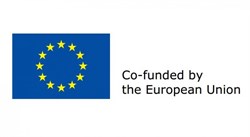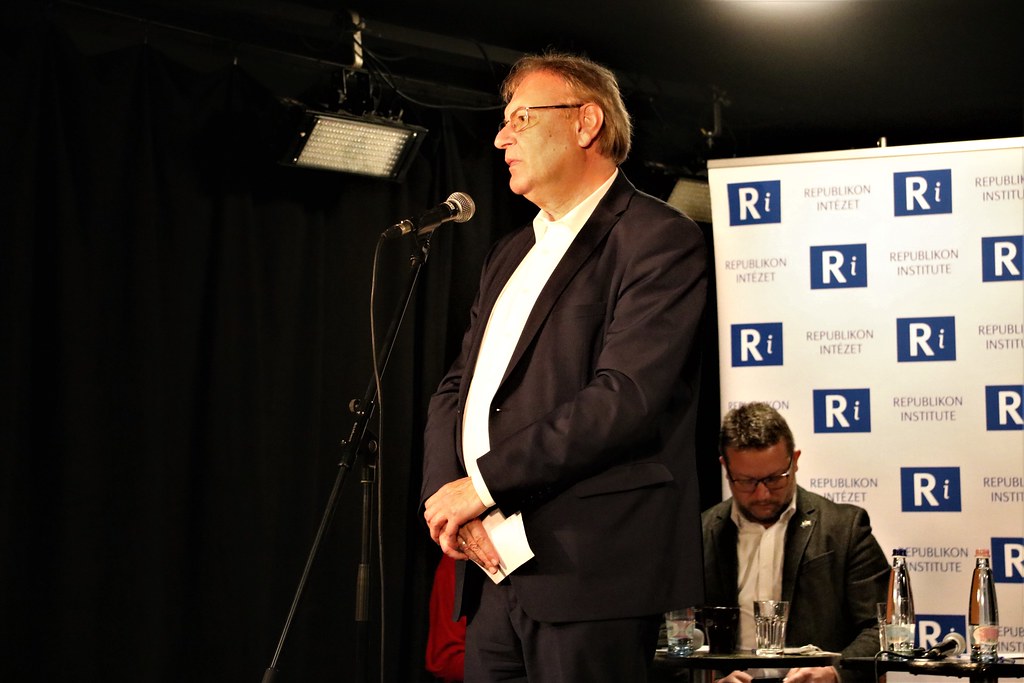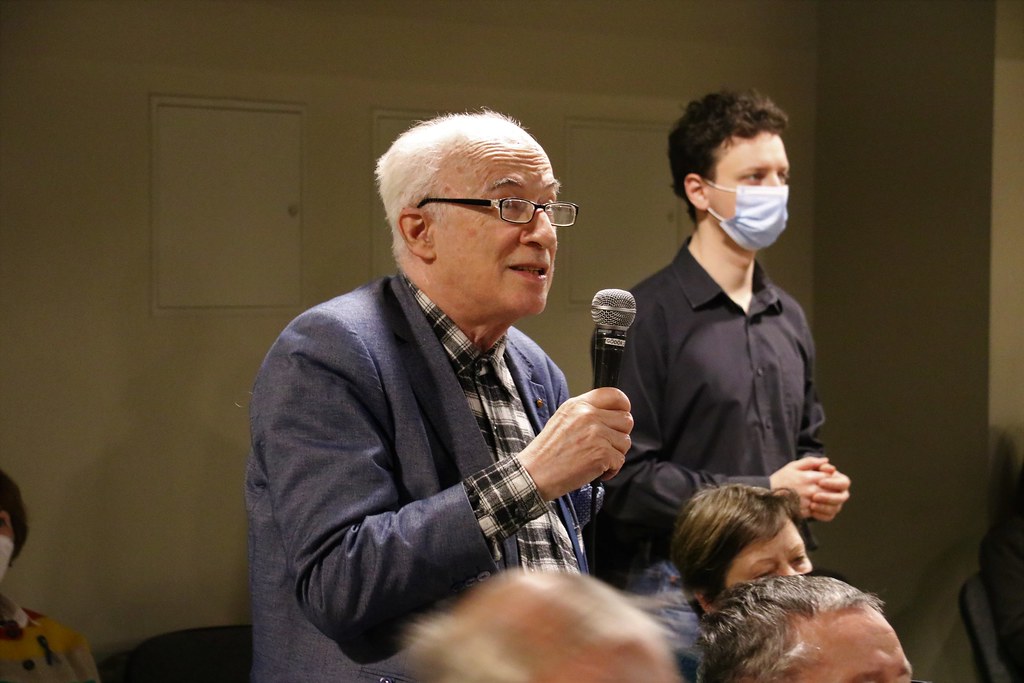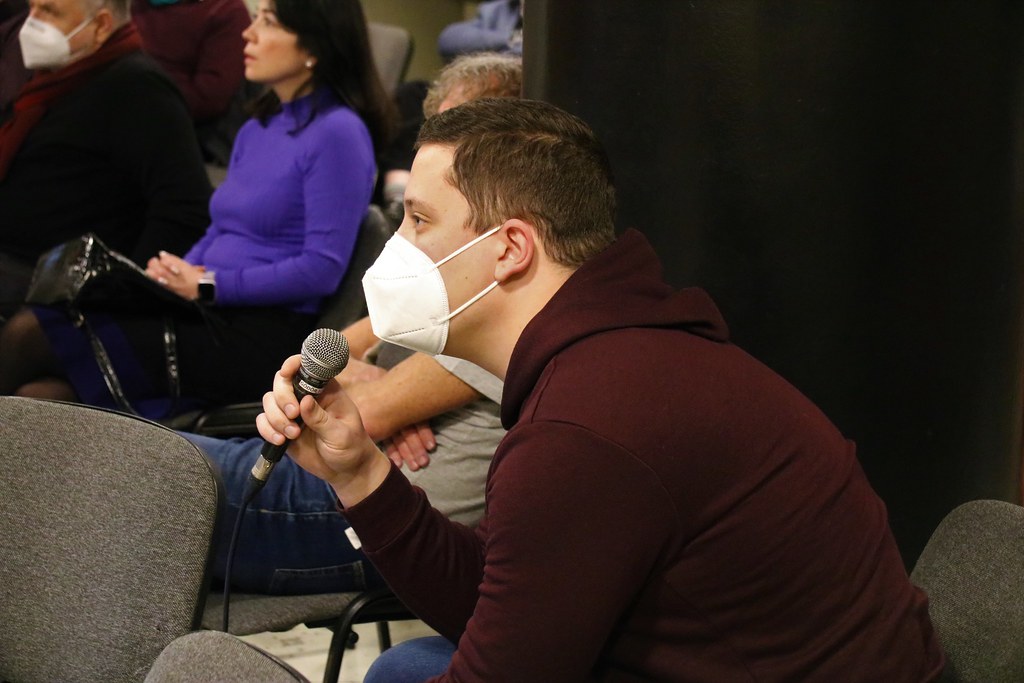

On February 17, the Republikon Institute organized a conference entitled “The Other Hungary” where politicians in the Unity for Hungary presented what a different country they would lead. During the conversation, Péter Márki-Zay, István Hiller, Tímea Szabó, Dániel Z. Kárpát, Máté Kanász-Nagy, Anna Donáth and István Újhelyi spoke. The conversation was moderated by Dóra Ónody-Molnár.
In his introductory speech, Mr Márki-Zay said that in his view the most successful government in Hungary was the first Orbán government, while the worst was the post-2010 rule of the Fidesz, due to the lack of checks and balances and the unlimited power of the government. The solution to this problem lies in restoring constitutionality and limiting power. This requires the separation of powers, restoring freedom of the press and even limiting the number of possible prime ministerial terms. The introduction of a multi-round electoral system and the guarantee and maintenance of the rule of law, democracy and a market economy are also objectives. Mr Márki-Zay highlighted tax policy reform, tackling educational problems and the current strike situation, and a comprehensive reform of the health care system. On the environment, he said that the most important thing was energy saving as an alternative to cutting utility costs. The potential of geothermal energy, the circular economy are all important environmental issues. As Hungary has the highest number of poor people in Europe, it is essential to increase pensions and wages, and housing is a fundamental constitutional right.
Regarding the reform of education, Mr István Hiller said that it is important also to amend the acts on public education, vocational training and higher education. The opposition coalition would restore compulsory education to 18, as it has been raised everywhere else in Europe. Emphasis on critical thinking based on skills rather than lexical knowledge is part of the opposition's programme. Teachers must be given back the right to choose their textbooks and their salaries must be normalized, as they are increasingly needed. The right to run schools would be given to local authorities and the Klebersberg Centre would be abolished. An independent education ministry would be created to replace “Emmi”. On culture, Mr Hiller said that theatres could be returned to municipal maintenance and could choose their own directors. Support for contacts with Hungarians living beyond the border would be provided through the involvement of NGOs. He concluded by saying that the united opposition's aim was to ensure quality and freedom in education and culture.
In her presentation on health care, Ms Tímea Szabó said that the Fidesz government has actually privatized health care by destroying the health care system, as citizens are forced to use private services. Ms Szabó used Eurostat data to illustrate the poor state of healthcare in Hungary compared to other countries in Europe. She then detailed the reform plans, which include proposals such as salary reforms, strengthening primary care and appointing medical officers independent of political appointments. Ms Szabó also proposed giving people an extra day off work to go for the necessary screenings. She concluded by saying that a price cap on medicines for the needy is also a priority, and that local authorities could return to maintaining hospitals.
On economy, Mr Dániel Z. Kárpát highlighted the the importance of the state-subsidised rental housing programme. He also spoke about the introduction of a multi-rate tax system and family-friendly policies. The joint programme of the united opposition aims to tackle the labour shortage not by immigration but by attracting Hungarians who have emigrated and employing Hungarian workers.
Ms Anna Donáth MEP said that the rule of law is not just an abstract concept, but a key issue for the sense of justice of the ordinary person. The restoration of European values in Hungary is very important. This week's ruling of the European Court of Justice is also significant because it shows that the rule of law is not just a principle, but a recoverable requirement. The EU is a community of values and not just economic integration. Restoring the rule of law and the authority of Parliament requires a strong electoral mandate and a Community constitution. The problems of the rule of law and corruption go hand in hand, so the accession to the European Public Prosecutor's Office and the plans to set up an anti-corruption office are also linked to the problem of the rule of law.
In his speech on foreign policy, Mr István Újhelyi stressed the importance of Hungary's Euro-Atlantic commitment, as Hungary is strong in the alliance of the EU and NATO. From the opposition's foreign policy programme, Mr Újhelyi highlighted the importance of the V4 regional alliance system, which could even represent the interests of Central Europe through expanded membership. According to Mr Újhelyi, cooperation with the EU also means that MEPs would occasionally have the task of taking action against the EU by representing Hungarian interests in the organisation. Other elements of the programme include Hungarian involvement in the European Green Deal, guaranteeing the security of minority Hungarians and solidarity with refugees. However, this does not mean supporting the quota system.
Mr Máté Kanász-Nagy gave a presentation on social security. He stated that it is important to ensure a minimum living wage for everyone. Municipal assistance, public health care and housing are all necessary for those in need. In addition to the wage increase for social workers, Mr Kanász-Nagy also said that the allowance for home care workers for the disabled would be raised to the minimum wage and considered as work. On women's rights, the politician said that the ratification of the Istanbul Convention would not be included in the common program of the opposition due to conceptual differences, but that the protection of women's rights was a priority for the united opposition.

Co-founded by the Europen Union


















